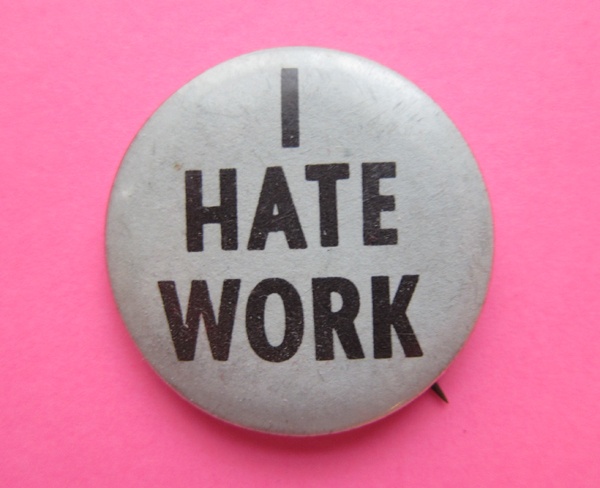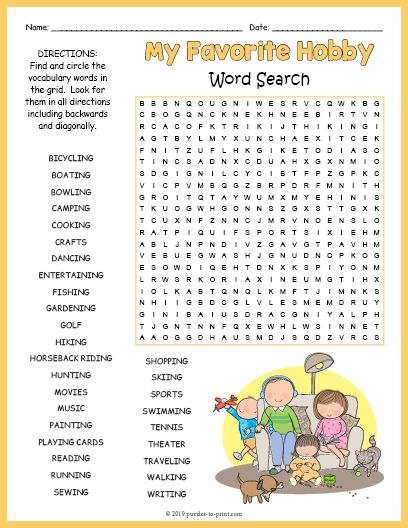Dont give advice
It's Time to Stop Giving Unsolicited Advice
Are you guilty of giving unsolicited advice? Advice is usually intended to be helpful. And many of us (myself included) offer guidance and suggestions, even tell others what they should do, without being asked. Regardless of our intentions, giving advice that isnt wanted, can be annoying, intrusive, and even manipulative.
In this article, well explore why we give unsolicited advice, how to tell when weve crossed the line from helping to harming, and how to stop giving unwanted advice.
Unsolicited advice is guidance or information that wasnt asked for.
Katerina confides in her mother about her boyfriends infidelity. Her mother tells her that cheating is a deal-breaker and she should break-up with him because it will only get worse. Katerina feels judged and unsupported by her mother.
David gives his teenage son, Jack, detailed directions about which bus routes to take to his job interview. Jack thinks his father sees him as incapable and stupid.
Shelly overhears a stranger talking about difficulty losing her baby weight. Shelly excitedly tells the stranger about her own weight loss and how the Keto diet is the healthiest and fastest way to lose weight. The stranger feels annoyed and confused by Shellys boldness.
Sometimes its given in a less direct or passive-aggressive way.
Beverly leaves Alcoholics Anonymous pamphlets and self-help books about addiction around the house as a not-so-subtle message that she thinks her wife needs to drink less. Her wife feels angry and is tired of Beverlys nagging.
Giving advice when its asked for can be helpful, but unsolicited advice is another story.
Repeatedly giving unsolicited advice can contribute to relationship problems. Its disrespectful and presumptive to insert your opinions and ideas when they may not be wanted. Unsolicited advice can even communicate an air of superiority; it assumes the advice-giver knows whats right or best.
Unsolicited advice often feels critical rather than helpful.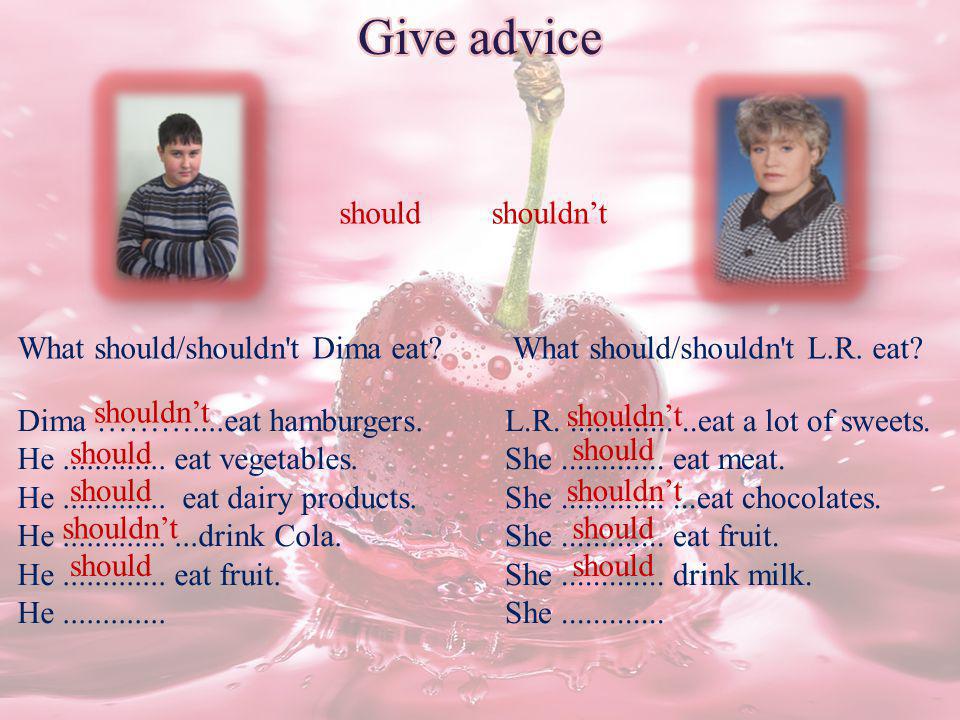 If its repetitive it can turn into nagging.
If its repetitive it can turn into nagging.
Unsolicited advice can also undermine peoples ability to figure out whats right for them, to solve their own problems.
Giving unsolicited advice can be a frustrating experience for the advice-giver, as well. When our advice isnt taken or appreciated, we often feel upset, hurt, or resentful.
Youre probably wondering why people give so much unsolicited advice, if its so problematic.
Here are some of the reasons for giving unsolicited advice:
- We want to be helpful.
- We want to get someone to do what we want or what we think is right.
- We think we have the answers, that we know more than others.
- Were excited about a new product, idea, or service and want to share it.
- We want to reduce our own anxiety. Sometimes were really worried about a loved one and feel powerless. We dont know what else to do, so we give unsolicited advice to calm our anxiety, to feel like were doing something.
Codependency is an unhealthy focus on other people and other peoples problems.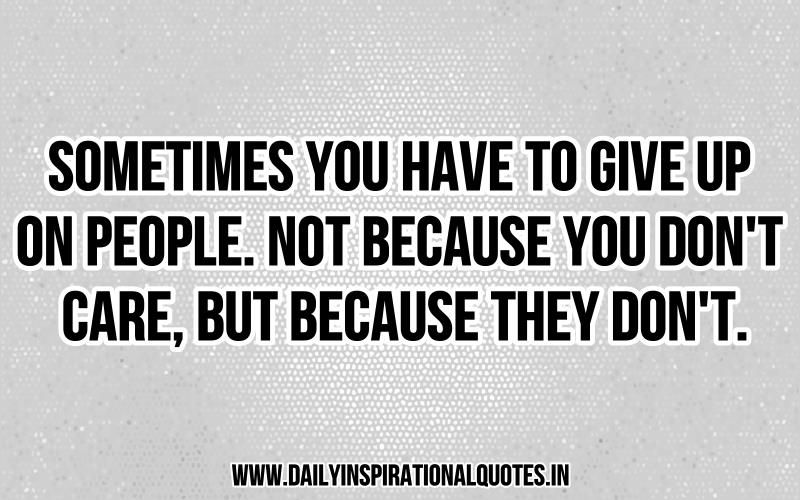 And while not everyone who frequently gives unsolicited advice is codependent, many codependents give unwanted advice as a way to help or fix other people, to feel needed or useful, or to manipulate others into doing what they want.
And while not everyone who frequently gives unsolicited advice is codependent, many codependents give unwanted advice as a way to help or fix other people, to feel needed or useful, or to manipulate others into doing what they want.
You can also think of unsolicited advice as a boundary violation. When you give advice that isnt wanted, youre intruding on someone elses right to self-determination, to have different opinions, to come up with their own solutions. Boundaries go both ways so we need to not only set boundaries so others dont hurt us, but we also need to respect other peoples boundaries — and asking before we give advice is one way to do this.
Someone telling you about a problem isnt an invitation for you to give advice. Often, people want to be heard and understood, they want to process and feel supported, they dont want to be told what to do or what you think. So, the simplest approach to advice-giving is to ask permission before offering advice or suggestions.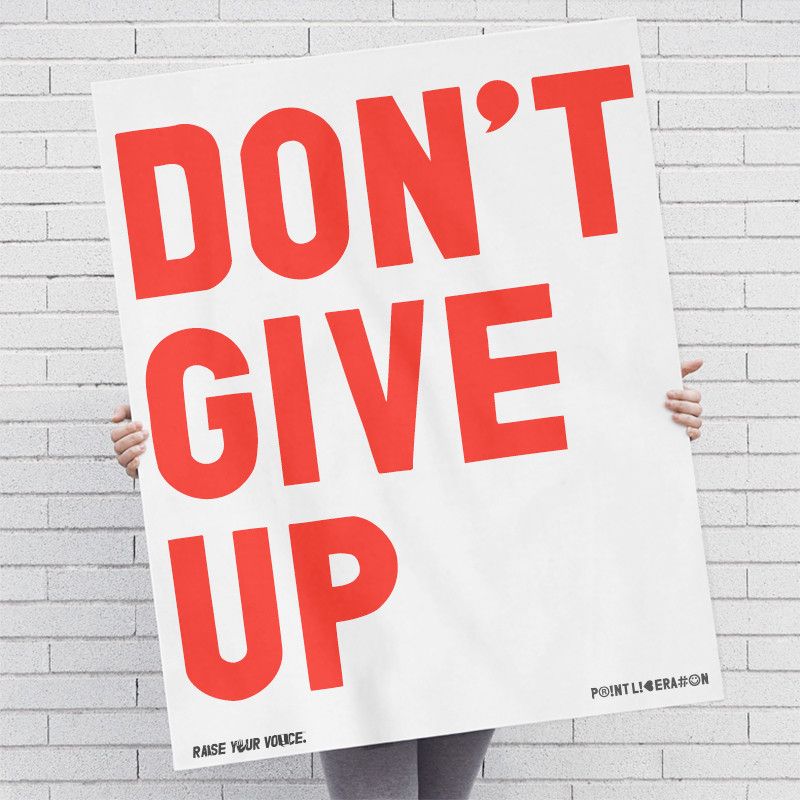 Here are a few examples:
Here are a few examples:
I have some ideas about what might be helpful. Would you be interested in hearing them?
Are you open to suggestions?
Would it be most helpful for me to give you some advice or for me to listen?
Ive been through something similar. Can I tell you about what worked for me?
Is there anything I can do to help?
Like many things, this is easier said than done. If its a struggle to ask permission, try to remember that unsolicited advice is not always helpful or the best way to encourage your loved one to change or try something new. It can even come off as rude or dismissive. If your goal is to be supportive and helpful, perhaps theres a better way to accomplish this and often the best way to know whats supportive and helpful is to ask.
If youre struggling with giving unsolicited advice, ask yourself these questions:
- Why do I want to offer advice right now?
- Is there something else that I can do that would be more helpful?
- Is there someone more qualified who could advise this person?
- Can I let them decide or figure this out on their own?
- What else can I do to reduce my anxiety or discomfort?
- Can I accept that my ideas aren’t the only good ideas?
- How can I be supportive without giving unsolicited advice?
- Can I focus on listening and understanding instead of fixing and instructing? Would this be supportive and respectful?
If youre on the receiving end of unsolicited advice, your approach will probably depend on who is giving you the advice, about what, and how often. Generally, the best approach is to be direct and polite about what you need or want. Below are a few ways you can nicely tell someone to stop giving advice.
Generally, the best approach is to be direct and polite about what you need or want. Below are a few ways you can nicely tell someone to stop giving advice.
I know you mean well, but Im not looking for advice. What Id really like is ___________________.
Right now, I just want to vent. Im not looking for solutions.
The most helpful thing you can do is to sit with me and listen.
I appreciate your ideas, but I want to figure this out on my own.
I feel inadequate and annoyed when you repeatedly tell me what to do. I know you care about me and Ill let you know when I need help.
That doesnt feel like the right approach for me.
I know youre trying to help, but I dont need any more advice.
Thats not something I want to discuss.
You may also want to take preventative measures, especially with routine offenders, and start conversations by letting them know if youre looking for empathy or guidance/feedback.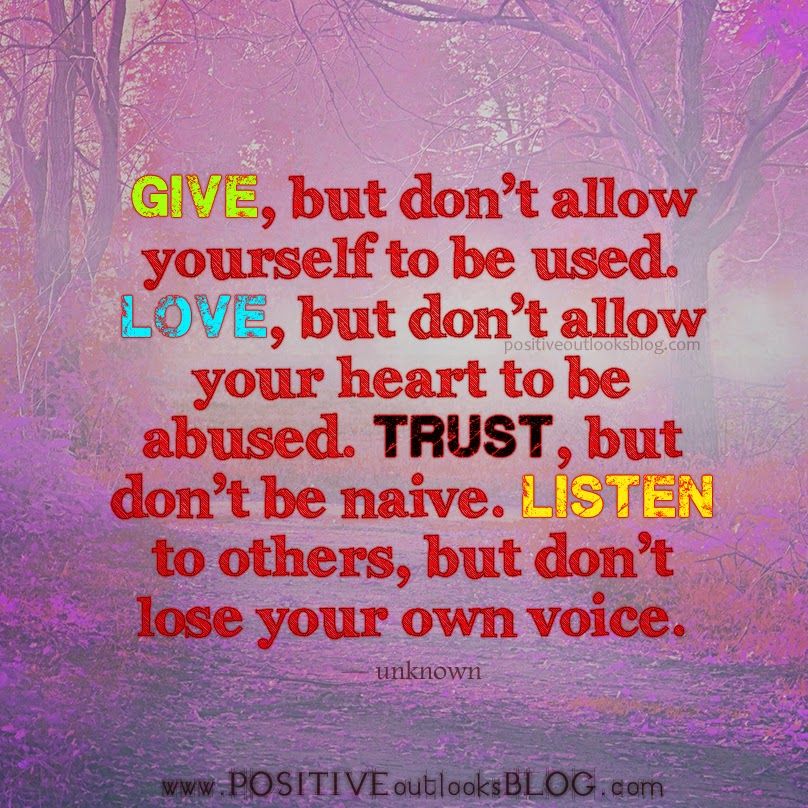 This can set expectations and help others know how best to support you.
This can set expectations and help others know how best to support you.
Whether youve been on the giving or receiving end of unsolicited advice, Id love to hear whats worked for you. Feel free to leave your ideas in the comments.
Read more
How to Stop Being So Controlling
Stop Rescuing and Enabling: Tips for Codependents
Sign-up here for lots of free resources in Sharon’s Resource Library!
2020 Sharon Martin, LCSW. All rights reserved. Photo byCristina GottardionUnsplash
Giving Advice- Why it Could Be Ruining Your Relationships
By: DncnH
by Andrea M. Darcy
We are a “how to” society these days, bombarded with do-it-yourself videos and TV shows, self-help books, and advice columns.
The knock-on effect is that many of us freely dish out unasked for advice without even realising that we are doing so – or what negative affects this might be creating.
5 ways giving advice damages relationships
Here are five reasons why unasked for advice can be the worst thing when it comes to relationships.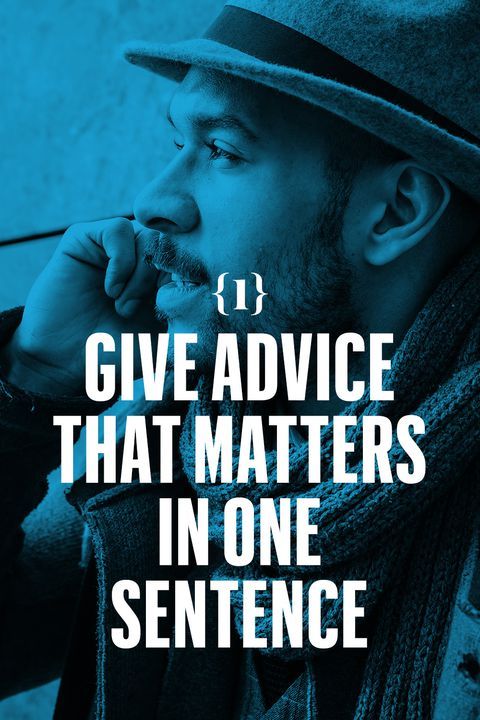
You might think you are being helpful by offering unsolicited advice, but giving your opinion freely actually says to another, ‘I don’t think you are smart enough to find your own answers.’
2. Giving advice stops others from learning and growing.Giving advice is a hidden way of making assumptions about another person. You are assuming that they don’t have the personal resources to find answers within themselves. This stops the other person from taking the time to look within and listen to themselves, or even find their own resources at all. Which they do have – we all do.
3. The advice that might seem right to you is often wrong for another.You are also stopping any kind of creative brainstorming that might lead to you actually learning a thing or too yourself.
By: Laughlin Elkind
Advice assumes that your perspective is the right one and the way you see things will work perfectly for others. But you have had a unique set of experiences that might be very different than the other person’s.
But you have had a unique set of experiences that might be very different than the other person’s.
So while it might seem perfectly logic to you that your friend quit her job because her boss has been rude, you might have had a successful life that means you navigate conflict easily. Your friend, on the other hand, might need the opportunity to stay put and break a longstanding pattern of not communicating her needs and boundaries in the workplace.
4. Advice closes instead of opens communication.It might feel that offering your unsolicited opinion will open the door for creative, mind-expanding discussion on how your ideas can improve the life of the other person. But you’ll find more often than not the conversation ends or the other person changes the topic because they feel judged and feel defensive.
5. Advice is often selfish and pushes people away.The truth is that we rarely give advice out of a desire to help others. If we truly wanted to do that, we’d instead develop good listening skills.
If we truly wanted to do that, we’d instead develop good listening skills.
The real reason most of us give advice is that we want to feel better about ourselves. We want to feel wise, useful, powerful, or like our own experiences have had a purpose.
Or, worse, we are using ‘giving advice’ to hurt the other person or passive aggressively express our anger. “You know, if I was you, I’d buy a small calendar just for putting everyone’s birthdays in, but then again I’m not the type to go and forget birthdays of those I apparently love”.
The result of all your great unsolicited advice is….?
So in summary, even if you think you give great advice (which can be helpful if it’s asked for!) is that if it’s unasked for, it instead might have the effect of:
- pushing people away
- stopping people from trusting you
- diminishing others self-esteem
- stopping others from making good decisions
- leaving others seeing you as arrogant
- leaving you feeling lonely.

What should I do instead of giving advice?
So what is better than advice? Try the below.
Listen properly. Only focus on what the other person is saying, without an agenda or need to bring your own experiences to the conversation.
By: Nishanth Jois
Ask good questions. Be wary of ‘why’ questions, which cause someone to look backwards, get lost in self-reflection, and perhaps feel judged. For example, ‘why did you take a job you don’t like’ feels critical and would cause someone to anxiously examine their past. Try ‘what’ or ‘how’ instead – ‘what does your ideal job look like, and how can you find such elements already in the job you have?’ encourages the other to look forward and see things positively.
Offer unconditional positive regard. This is a psychological term that refers to the notion of creating a space of acceptance and non-judgement for another whether or not we agree with their choices or actions.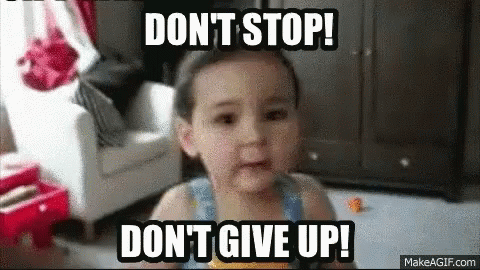 The great thing about unconditional positive regard is that it recognises the other person has their own set of resources, even if you can’t quite see them.
The great thing about unconditional positive regard is that it recognises the other person has their own set of resources, even if you can’t quite see them.
Learn to empathise instead of sympathise. A lot of unsolicited advice is often sympathy in disguise. and sympathy is thinly disguised pity – “I feel sorry for you because you are in a difficult place beneath where I myself am”. Empathy, means you merely try to understand the others viewpoint and struggles without any inner comparison. [For more on this, read our article on empathy vs sympathy.]
Give your ideas in an open-ended way and only when they are asked for. Advice does have its time and place, and that is always when it is asked for. If someone does ask you for your opinion, however, try to couch it in the language of openness. Don’t ever imply one answer is right to the inclusion of all other options, make it clear what you suggest is only your viewpoint, and ask them what they think of your opinion. You might end up receiving some useful feedback in return.
You might end up receiving some useful feedback in return.
Can you think of another result of giving advice that is not so desirable? Or have a story about giving advice you’d like to share? Do so below.
Andrea M. Darcy is a health writer and a mentor who loves writing about relationships. Find her @am_darcy
How to kill your tendency to unsolicited advice and learn to give the right advice
- Jessica Mudditt
- BBC Worklife
Image copyright, Getty Images
Experts say giving advice is often unwise and ineffective, even when asked to. But how to behave in such situations?
Do you often have to listen to advice from your boss or know-it-all colleagues? What do you feel about it? But you probably like it when someone asks for your advice?
Recall the last time you discussed a solution to a problem at work, and someone stepped in and offered their own opinion. Did you like it? Were you happy with the advice from the outside? Probably not.
Did you like it? Were you happy with the advice from the outside? Probably not.
Most likely, you turned down the offer and thought to yourself: "You don't understand anything at all about what we are discussing here." Or even like this: "We don't even know each other."
Toronto-based coaching expert Michael Bungay Stanier says many of us are too eager to jump in with our suggestions. He found that the habit of advising had become a craze in the office, which inspired him to write The Advice Trap.
In this book, Bungay Stanier argues that the tendency to give advice stems from a social belief that success means that you have all the answers, and if you are a leader, you must prove your worth by sharing advice left and right, asking you about it or not.
Most of the time we do this with good intentions, seeing our advice as a way to help others. However, every time we rush to advise, we unleash, in the words of Bungei Stanier, our inner "monster adviser.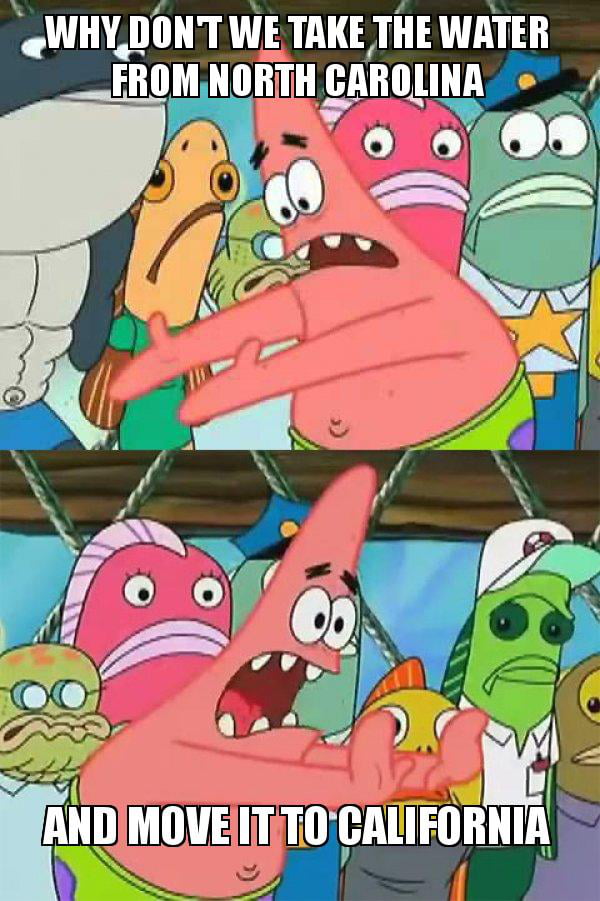 "
"
According to the expert, we need to stop doing this, because, firstly, in a hurry we can give the wrong advice. Secondly, your relationship with the person you are advising may be such that he simply will not listen to you - no matter if you gave good advice or not.
- Coronavirus finally killed offices? What we lose and gain when we work from home
- A little daily lie. Does she help work?
- What prevents women (and sometimes men) from developing a career?
Skip the Podcast and continue reading.
Podcast
What was that?
We quickly, simply and clearly explain what happened, why it's important and what's next.
episodes
End of story Podcast
"You're almost certainly trying to solve the wrong problem," says Bungay Stanier, "because it's rare that the very first problem that's mentioned is the real problem.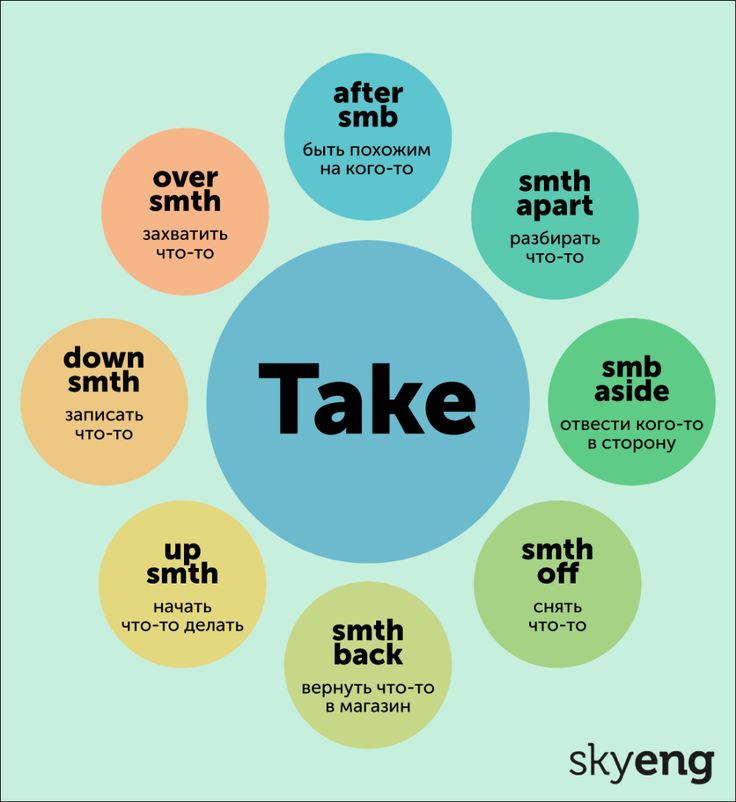 your advice is still not as good as you think."
your advice is still not as good as you think."
This is because the so-called cognitive bias, evolutionary mental behavior, makes us think that our advice is better than it really is (and that we ourselves are smarter than we really are).
People have a lot of cognitive deviations, leading to the fact that a person evaluates his skills and abilities too optimistically.
For example, the Dunning-Kruger effect is that people with a low level of skill draw erroneous conclusions, make bad decisions and are unable to realize their mistakes due to this very level of their skill - they are simply "unaware of their ignorance and willingly offer their opinion on issues that they do not understand.
"It often happens that the more confident you are in your advice, the more it is wrong," Bungay Stanier points out. Simply, it depends on a lot of things."
Image copyright, Getty Images
Image caption,Cognitive bias makes us believe our advice is better than it is, and we ourselves are smarter than we really are
A Canadian scientist believes that a monster adviser lives in each of us, but for some it wakes up faster than others.
The first step to taming and training him is to pay attention to how quickly the monster wakes up. "When people realize how rushed they are with advice, they are extremely surprised," he states.
Another way to deal with a monster is to think before giving advice how much it will undermine the confidence and independence of the person to whom it is addressed.
Unsolicited advice can be stressful: when someone suggests a better solution, a better way to accomplish a task, it is often interpreted as criticism.
While Suzanne (whose last name will not be named) was working for an Australian equipment company in Victoria, she had a new co-worker whose overconfident demeanor constantly got her into trouble.
"She had her own opinion about everything," says Suzanne. "I thought to myself, 'You've only been here for five minutes and you're already telling people what they should and shouldn't do?'
- Why gloomy people with a difficult character are more successful in life
- Laughter in the workplace is a sign of… what?
But the new colleague eventually became Suzanne's boss, and this made the situation even more complicated. “No matter what I said in meetings, she always doubted the correctness of my words. I began to notice that I was increasingly forced to discuss with her what I was going to do - instead of just doing it,” she recalls.
“No matter what I said in meetings, she always doubted the correctness of my words. I began to notice that I was increasingly forced to discuss with her what I was going to do - instead of just doing it,” she recalls.
"In the end, I was completely exhausted. I could not take responsibility for myself and stopped making decisions altogether. I had been in this position for quite some time and loved my job, but the situation became unbearable."
Suzanne suffered a nervous breakdown and spent about six months without work recovering. As her case shows, the result of an abundance of advice can be disastrous - the opposite of what the person giving it expected.
It seemed to Suzanne that her boss was trying to undermine her self-confidence, but she did not understand why. She also saw how the new boss's petty tutelage, her desire to control every step of the employees led to a bad morale in the entire work team.
How can it be wrong when it looks so right?
And yet it's very hard to stop and stop giving advice, because it's so nice! And we feel even better when our advice is asked.
Numerous studies have found that advice almost always benefits not those to whom it is given, but those who give it.
For example, a 2018 paper shows that giving advice helped study participants overcome lack of motivation more than receiving advice.
Image copyright, Getty Images
Image caption,If you often jump into conversations with your colleagues with your advice, it's not a fact that you're helping solve a major problem. And your advice, most likely, is not as good as you think...
"When someone asks for our advice, it pleases our vanity. It satisfies our desire to have status and authority, to be famous. Besides, when you advise, you personally do not risk anything," emphasizes Bungay Stanier.
A study by Michael Scherer, an associate professor at the Singapore University of Management, found that the process of counseling fuels our sense of our own power.
In another study, American students were asked how much they value power and whether they aspire to be powerful.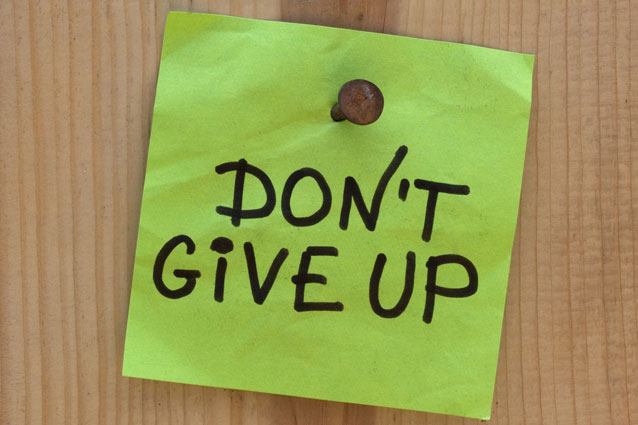 After that, they were asked to send a letter to a fictional character, a student who could not decide which subject to take as his main subject.
After that, they were asked to send a letter to a fictional character, a student who could not decide which subject to take as his main subject.
After that, some of them were informed that the "student" listened to their advice, and some - that they did not. The participants were then asked how influential they felt.
“Those who admit to having a stronger desire for power tend to give more advice,” says Scherer. “And how often they give advice correlates with how powerful they feel afterwards. As for students, they felt more powerful only when it seemed to them that their advice was being followed."
- Office life: how not to scream
- What's wrong with decorating your workplace?
But what surprised him most of all: regardless of whether the advice was asked for or not, it still increased the feeling of influence, power.
No one has all the answers anymore
These days, however, as technology changes the way we work and the skills we need, leaders can hardly be expected to know the answers to all questions.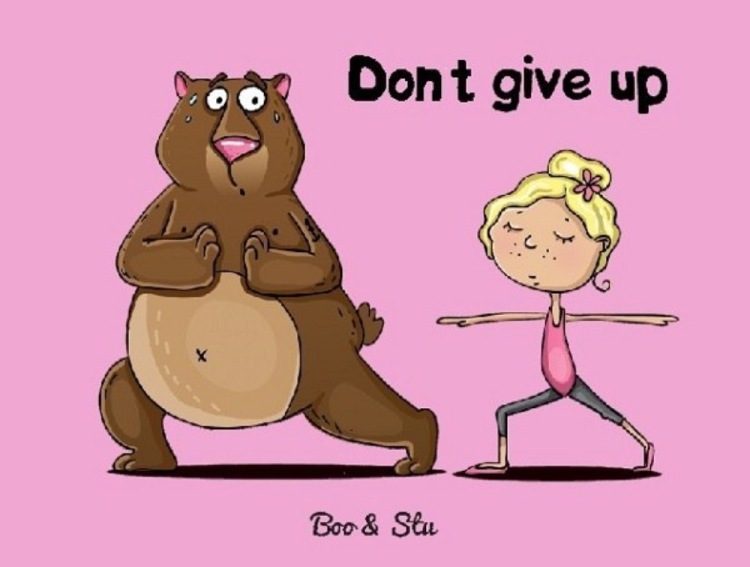
"You as a leader can no longer be an expert in everything. It's just not possible. Also, it's a lot of stress to take on such responsibility, it creates problems for those who come to you for an answer," notes Julia Milner, Professor of Human Resources Management at the EDHEC Business School in Nice (France) and Director of the International Center for Executive Coaching.
Image copyright, Getty Images
Image caption,It's not easy to stop giving advice because it boosts your ego and gives you the illusion of being powerful.
It can also be exhausting, something Shane Pollard experienced the hard way. He describes himself as the "problem solver" in his company. Three years ago he joined Be Media in western Australia as head of technology, and since then he has been advising his 45 colleagues, and not just on the technical side.
At first, there were only questions directly related to his position. But then the “common sense” questions began: “In the office, someone was constantly shouting to me: “Sean! Who should I include in this email? Should I send a copy to my boss if I write to a client?"
Colleagues gradually began to consult with him about career development and even financial matters.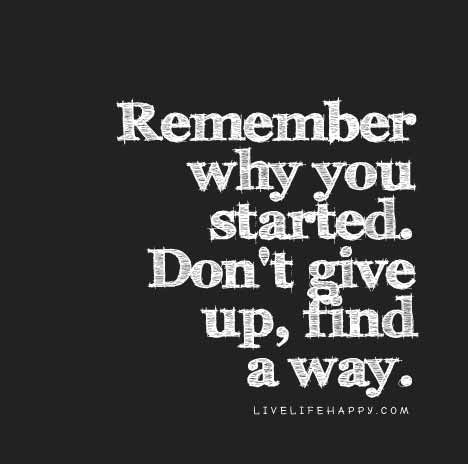
"Advising is a double-edged sword," says Pollard. - Yes, it's nice to help colleagues. But I began to get annoyed by the lack of responsibility people have in solving their own problems. And I wanted to inspire them to make those decisions without relying on me."
According to experts, the solution to Pollard's problems is coaching. People should be taught to develop their own ways to achieve the goal by asking them questions, not by offering ready-made answers.
That way you motivate people more than just telling them what to do, says Milner. She agrees that this method is more costly in terms of effort and time - but this is only at first, while others (and yourself) get used to the new style of leadership.
"If you ask me a question and I give you an answer, it's much faster, of course," she says. "But in the long run, coaching saves time because people stop asking you about every little thing."
Image copyright, Getty Images
Image caption,After coaching, the team becomes more self-reliant
Her research also shows that coaching increases the motivation of teams and leaders, which in turn leads to increased productivity.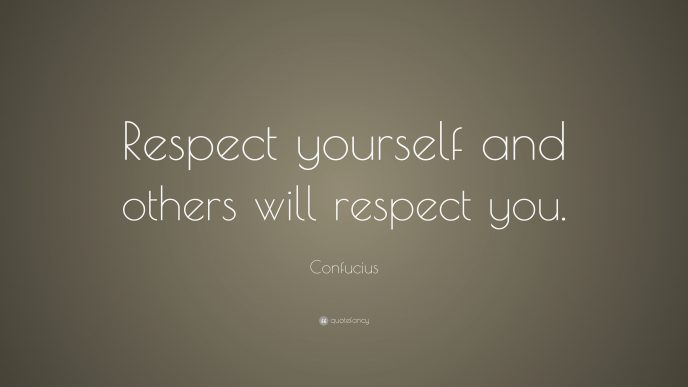
Coaching can be quick and practical, agrees Bungay Stanier. In his previous book, The Coaching Habit, he writes that coaching is more about changing a leader's mindset than having additional responsibilities. In fact, it frees up time, because the team becomes more independent, self-sufficient.
However, executives sometimes resist such changes, both Milner and Bungay Stanier point out. “We have a certain stereotype of what leadership should look like. Since coaching involves the transfer of part of the authority to team members, some bosses think: am I losing some of my power by doing so?” Milner explains.
She emphasizes that not every exchange of information, not every meeting needs to be turned into coaching. "Sometimes this is inappropriate - for example, in a tense, emergency situation. Learning how and when to best coach staff will help with special training."
Bungei Stanier's final advice is this: if you do decide to give advice, frame and formulate it in such a way that the person has the opportunity to ignore it without losing face.
"You could say, for example, 'It worked for me, but it might not work for you. If you find any of these ideas useful, great. If not, that's fine."
Better yet, don't give any advice. That's our advice.
--
0176 BBC Worklife .
Best advice: never give advice to anyone
I try not to give advice. I don't give much advice. The most useless thing one person can give to another is advice. I try and almost fail. That's what smart people taught me. They were taught specifically, since I often worked in areas where it is supposedly supposed to give advice.
When I was studying practical psychology and mastering psychotherapy, Dr. Alekseychik, in his usual manner, taught me a lesson for life, so that I would learn what a stupid position a psychologist gets into giving advice.
Long before I got the opportunity to go into business consulting, Hulo Vooglide made it clear that when a consultant gives advice, this is the limit of professional degradation.
Well, let alone in politics! This is not even degradation, not a stupid position, it is almost a crime to give advice. And so many people are involved in this criminal activity!
Everywhere you can only hear how some advise this, others that! And this despite the fact that everyone remembers the joke about Ligachev, who gave advice on breeding chickens, and when all the chickens died, the adviser had a lot of good unrealized advice. Political jokes do not reach office plankton, so they came up with their own, about the eagle owl, mice and hedgehogs. It seems that everyone should already understand everything, but no! The country of the Soviets has long since ceased to exist, and the Soviet era continues.
I have often and much criticized, criticize and will continue to criticize Belarusian politics and Belarusian politicians. Criticize, even ridicule. But do not advise. When I say, for example, that such and such a politician should resign, this is not advice to him to resign.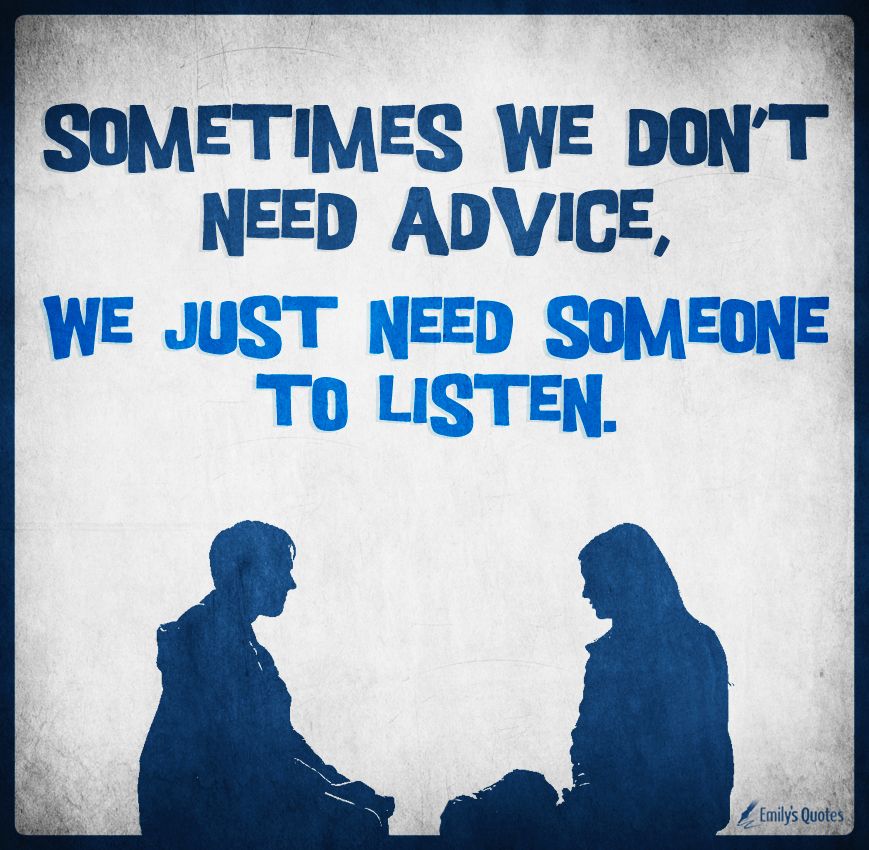 This is a statement that this policy is no longer operational. It's pointless to advise him. He is a politician and must make his own decisions.
This is a statement that this policy is no longer operational. It's pointless to advise him. He is a politician and must make his own decisions.
When I say join forces, this is not advice to anyone to do it. This is the principle. And if I proclaim this principle, then I am engaged in its implementation.
I try not to give advice myself, and I don't really like it when people give me advice. And always, when they give me advice, I try to think, why, what do they want to say to me, but do the advisers know how to use their advice?
For example: This year the most popular advice was for politicians to work with the people, with the people, to go to the people. It's hard to imagine a dumber piece of advice than this. Who do politicians work with? Not with people? Not with the people? That's the only thing they work with.
But suppose the politicians took the advice, what should they do? Lebedko, during his morning run, gathers around him ... Whom? The same runners? So they came out to run, not to hold a meeting.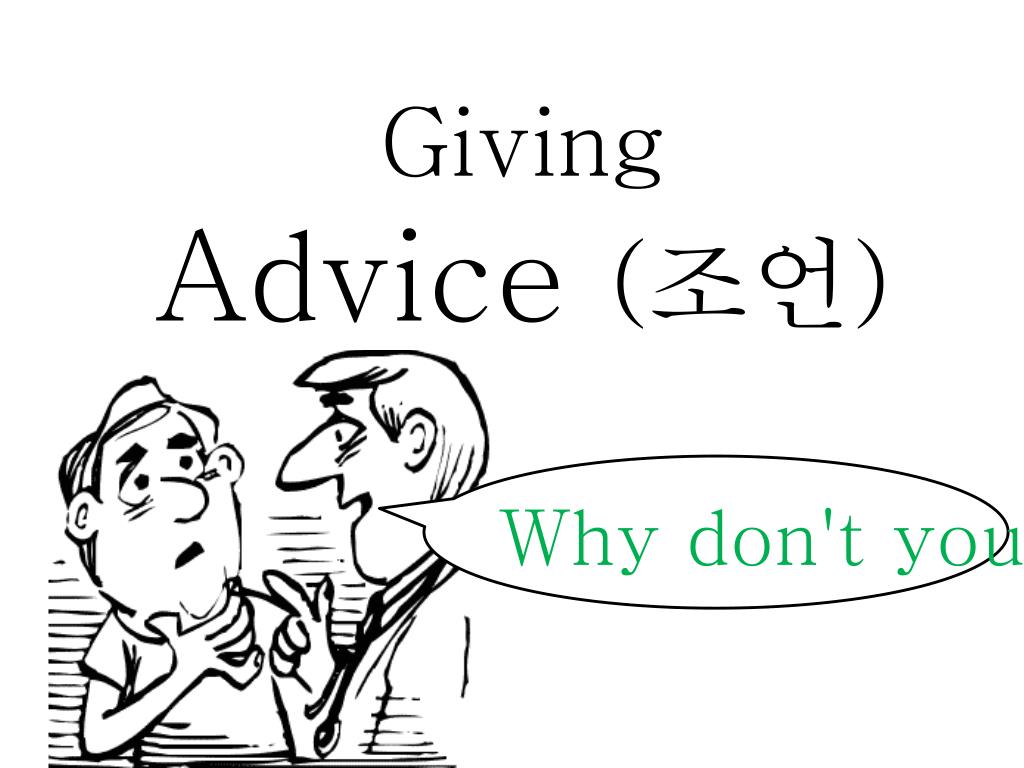 I could gather dog people in a circle, they can stand while the dogs sniff. And to tell ... But it’s interesting, did the advisers themselves conduct political information with dog owners for a long time?
I could gather dog people in a circle, they can stand while the dogs sniff. And to tell ... But it’s interesting, did the advisers themselves conduct political information with dog owners for a long time?
Kalyakin sits on a bench with grandmothers veterans of labor and talks about ... About what? About land for peasants? About civil society? About Lukashenka - a suitcase, a train station? Grandmothers talk about prices not in order to change the government, but for something completely different, Eric Berne well described what, and most importantly, why, the grandmothers on the benches are talking about.
Doesn't Nyaklyaev talk to people at pickets? Or Severinets in his colony? Ivashkevich and Yaroshuk with the workers, are they not people?
Ah, did the advisers have something else in mind? What?
One, two, three, fifteen years advisers come and go, but the advice remains the same. And the argument is the same, usually they refer to Lenin and the Bolsheviks.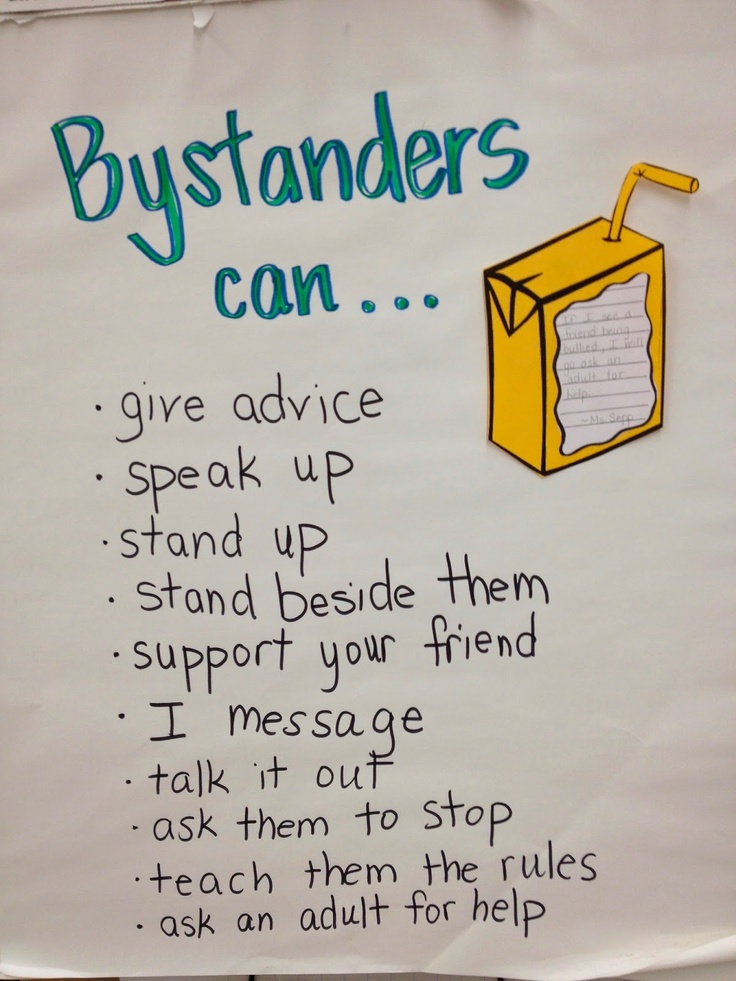
Here again, I wonder if the advisers ever read anything about Lenin, or himself, or did they think about Lenin, how Lenin thinks about them?
What the hell did Lenin talk to in Razliv? And in Poland? And in Switzerland? Even in the foolish Shushenskoye, Lenin fished, hunted, etc., and did not organize a collective farm. The advisers apparently wrote an essay at school based on the painting "Walkers at Lenin's", from here they have all the knowledge? Well, and from the episode about the fact that he, standing on an armored car, did not know in which hand to take his cap and asked the people for advice.
What did Lenin do every day? Wrote articles. Is this a conversation with the people? Of course, conversation. Why not advise our politicians to write articles?
Why don't they write them? They write, advisers will say, but they don’t distribute it! Did Lenin distribute? Yeah, he himself went and "Iskra" stuffed into the boxes in the porches! Interestingly, does anyone know what the circulation of Iskra was when they rolled cigarettes out of it, instead of fanning the flame? Or Truth! Well, no more than Nasha Niva today, and less than Narodnaya Volya.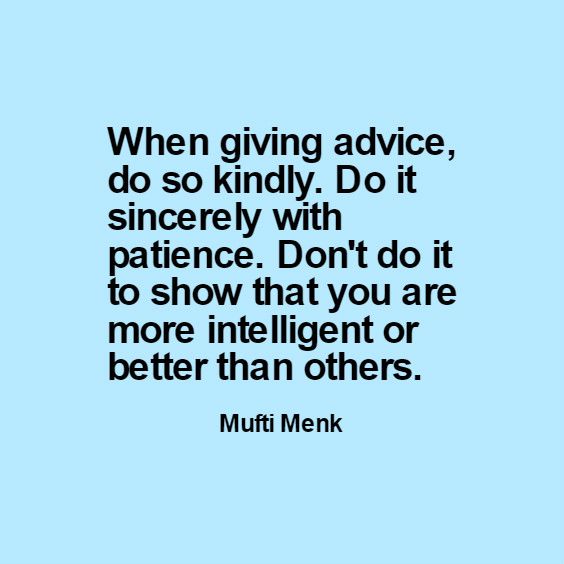
The ideas of our advisers are taken from their own experience and myths, which were inspired by the same Leninist Pravda, but through the mummified Lenin, and at a time when the circulation of Pravda was enough for every apartment. The representations of our advisers come from total zombification and mass propaganda.
And since mass propaganda is mass propaganda, its content is known to everyone. The sad thing is not that politicians do not listen to advisers, but that both advisers and politicians think the same way.
Here is another adviser here who advises working with emigrants, especially in Russia, and in Europe too. Good advice. And let's try. We will send an adviser to Moscow. I wonder how he will look for Belarusians in Moscow? On the basis of blue-eyed and multi-vector? Or do they have a quality mark tattooed in a conspicuous place? Silly, our adviser is smart, and he will go to look for society, community, NGOs, in a word. Will find. And there he will be told how the members of these societies are shy of marriage… well, who is with whom in Belarus, who is with Batskaushchynai, and who is with Belaya Rus.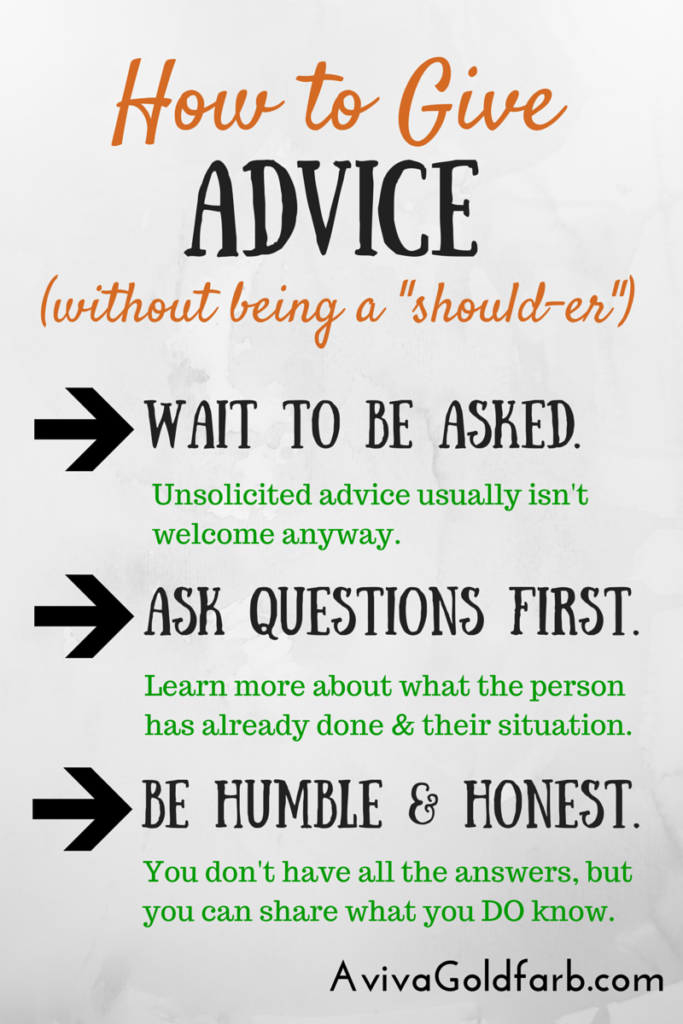 And our adviser will discover that what he advises is being done without him. And if something is not done, then he, the most intelligent adviser, will not be able to do this either.
And our adviser will discover that what he advises is being done without him. And if something is not done, then he, the most intelligent adviser, will not be able to do this either.
Do you think the adviser will feel sad after such a discovery? No, he still has a lot of different tips.
I won't play any more. It is better to talk about Lenin.
So what did Lenin do there? Just don’t tell me that you drank tea with the walkers! And that he peed in the papers!
He also studied Hegel. How, this is another question, but having studied the Philosophical Notebooks, everyone will be able to see what conclusions Lenin made when reading Hegel.
Yes, Lenin also wrote (for some reason, fool, it would be better if he talked to the people!) A book "Materialism and Empirio-Criticism", where he not only smashed Bogdanov, who worried him, and Mach and Avenarius, who didn't care about him, but and something there for himself and the Bolsheviks formulated.
Have you read this book? No, of course, there are a lot of bukaffes in the same place, but to hell with a normal adviser to read this. After all, the advice should be short, so that it fits in two lines, it fits into the tweeter. Lenin is a moron that he exchanged for such books. I would write only this: “Land to the peasants”, “The intelligentsia is shit”, “Apassionata is inhuman music”, “Lenin lived, Lenin is alive, Lenin will be ...” Oh, it seems that this is not quite Lenin!
After all, the advice should be short, so that it fits in two lines, it fits into the tweeter. Lenin is a moron that he exchanged for such books. I would write only this: “Land to the peasants”, “The intelligentsia is shit”, “Apassionata is inhuman music”, “Lenin lived, Lenin is alive, Lenin will be ...” Oh, it seems that this is not quite Lenin!
What else did Lenin do there? Yeah, here the erudite will remember the Longjumeau school, and party building, and the theory of imperialism, as a criticism and dialectical denial of the theory of capitalism, and something else.
So advise our politicians to do all this first, what Lenin did, what took him days, months and years!
Where is our Belarusian oppositional theory of the modern world? Who will make it? And who will fit it into the size of a tweeter?
Where is the Belarusian “Who are populists and how do they fight against social democrats, nationalists and liberals”?
Where is the "Children's disease of coolness in populism"?
Oh, okay! Stop grumbling.
